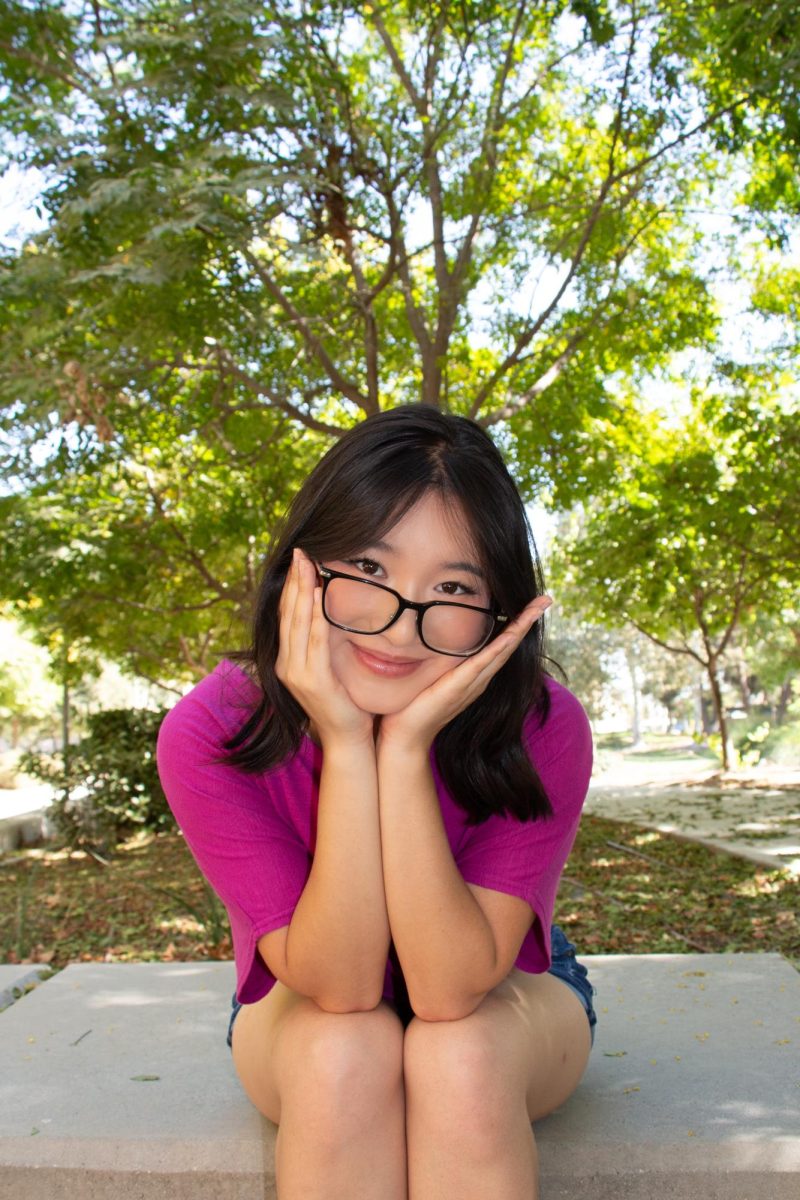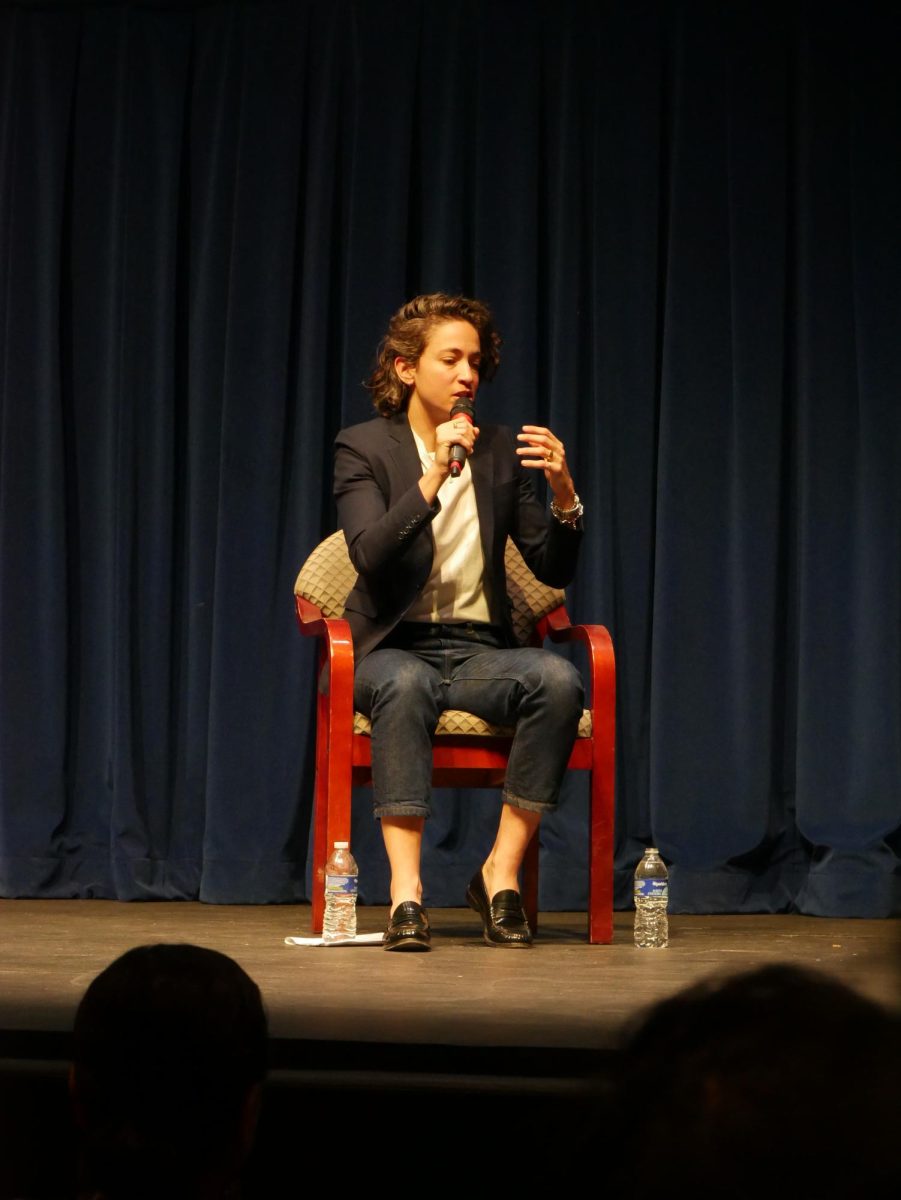Reporter
On Sept. 5, the Justice Department announced the plan to end the Deferred Action for Childhood Arrivals program and in turn is giving Congress six months to save the policy. Many people in the country are affected by the decision and several university students face uncertainty on where this goes from here.
Francisco Morales, 21, is studying kinesiology at CSU Bakersfield and is a DACA student. Morales moved to the United States from Mexico at the age of 10. He shared how DACA paves a path of opportunities for many people.
“DACA is a way of life in which I’m able to actually work and provide for my family. It gives me the privilege of doing things such as opening a business and being able to go to school. DACA is just like a support in which I can pursue my dreams,” said Morales.
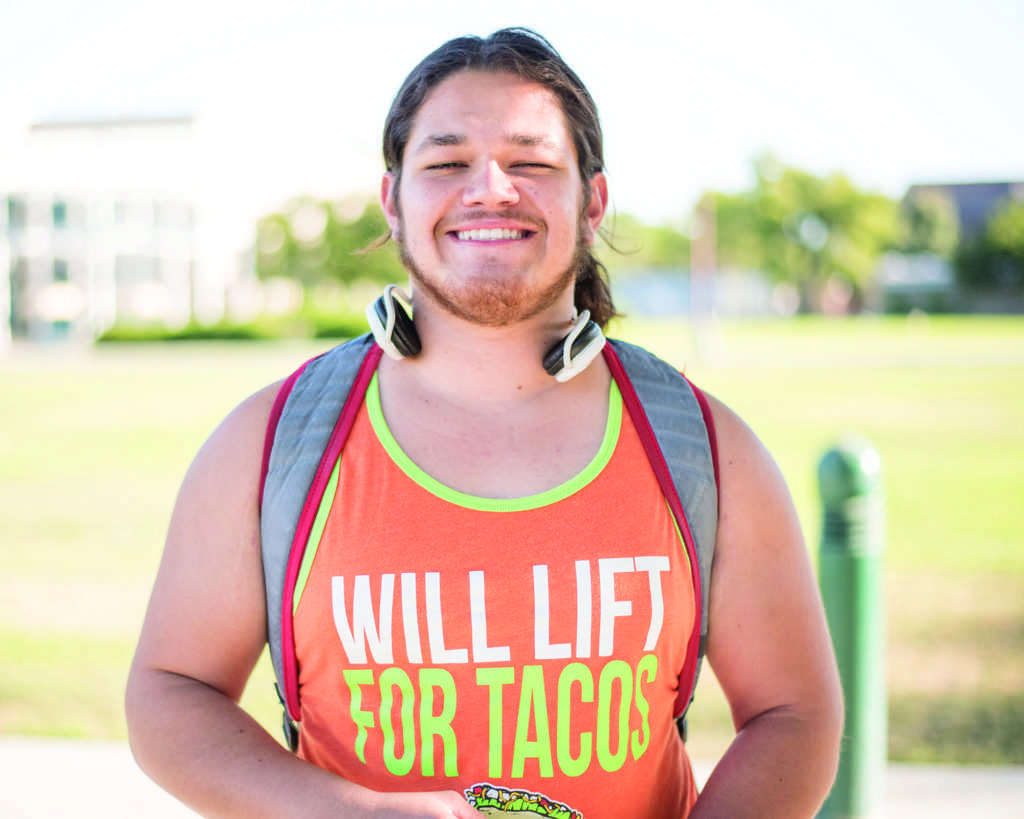
Photo by Simer Khurana/ The Runner
Russeet Romero, 24, is about to receive her bachelor’s degree in criminal justice at CSUB. She moved to the U.S. at the age of 5. She shared similar feelings about how DACA equals opportunity for those who wish nothing more than to succeed in life.
“All I’m asking for is an opportunity. I want the opportunity to be a juvenile counselor. To help our criminal justice system… I’m here because my parents had a dream of having kids who are going to succeed in the country that is known to be the land of opportunity. I’m here to fulfill why my parents brought me. All their work and sacrifices, it’s a lot, and I am beyond thankful to be here,” said Romero.
However, the decision to end DACA has put a halt on future plans.
“I don’t even know what to feel. Just anger, sadness. It’s a combination of emotions because I’m not doing anything wrong. I follow the law and pay my taxes. I do what it takes to succeed in school. I work and I play sports. I just really want to open my business and provide for my family. It’s just common goals so the fact that they’re going to cancel the program shatters everything. Shatters every goal that I have. But I have hope something will be done,” said Morales.
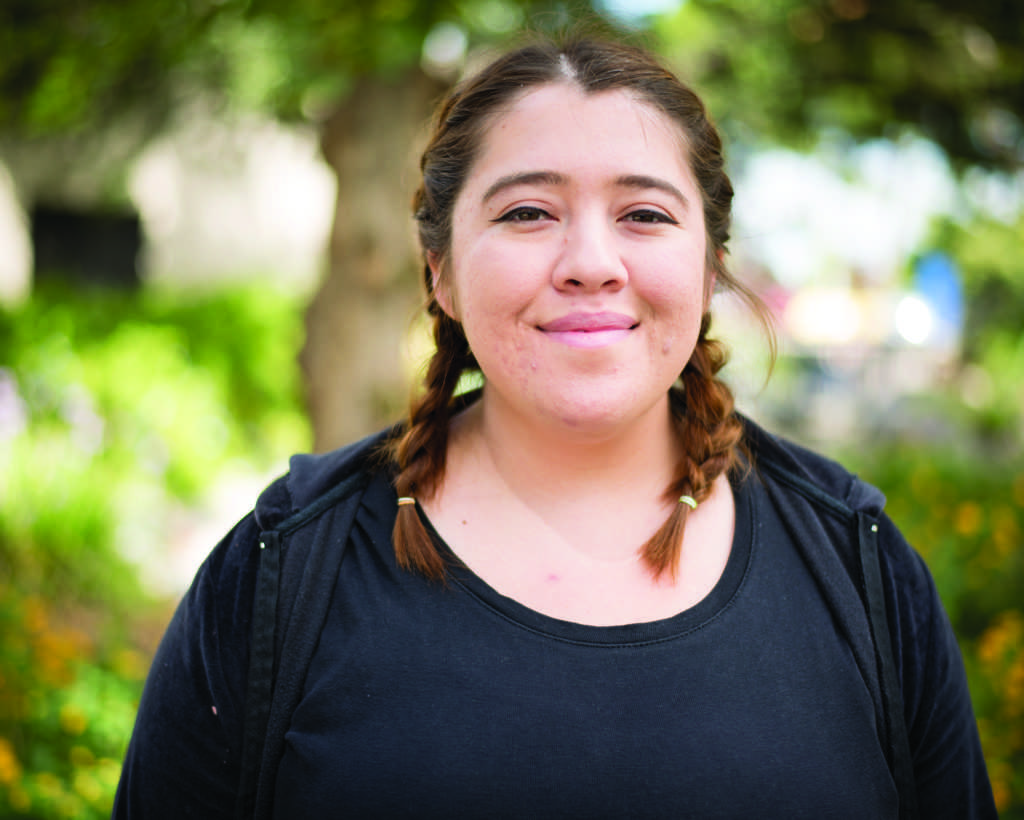
Photo by Simer Khurana/ The Runner
“At first it was like, ‘Oh, shoot. Now what?’ kind of thing. It’s a bit scary, the uncertainty, but everyone is being proactive. And people that do have DACA are like, ‘Well, we’re not going to be quiet now,’ and so now it’s more hopeful that everyone is not going to let that happen,” said Paula Silva, 21, child and adolescent and family studies major at CSUB. Silva moved from Mexico to the U.S. when she was three years old.
“It was pretty devastating. But overall what I know today from his decision is that I am not going to stop fighting. I’m not just going to leave and stay quiet. I’m going to fight for this because I, myself, am a human, and I have rights. The support that we’ve received is amazing. The fact that our friends are standing for us, our professors, our schools. I think that is amazing because it shows us that even though we felt alone for so long, we truly aren’t alone,” said Romero.
The announcement of DACA ending brought concern to many and begs a very important question: why was this decided when it seems like the decision will cause more harm than good?
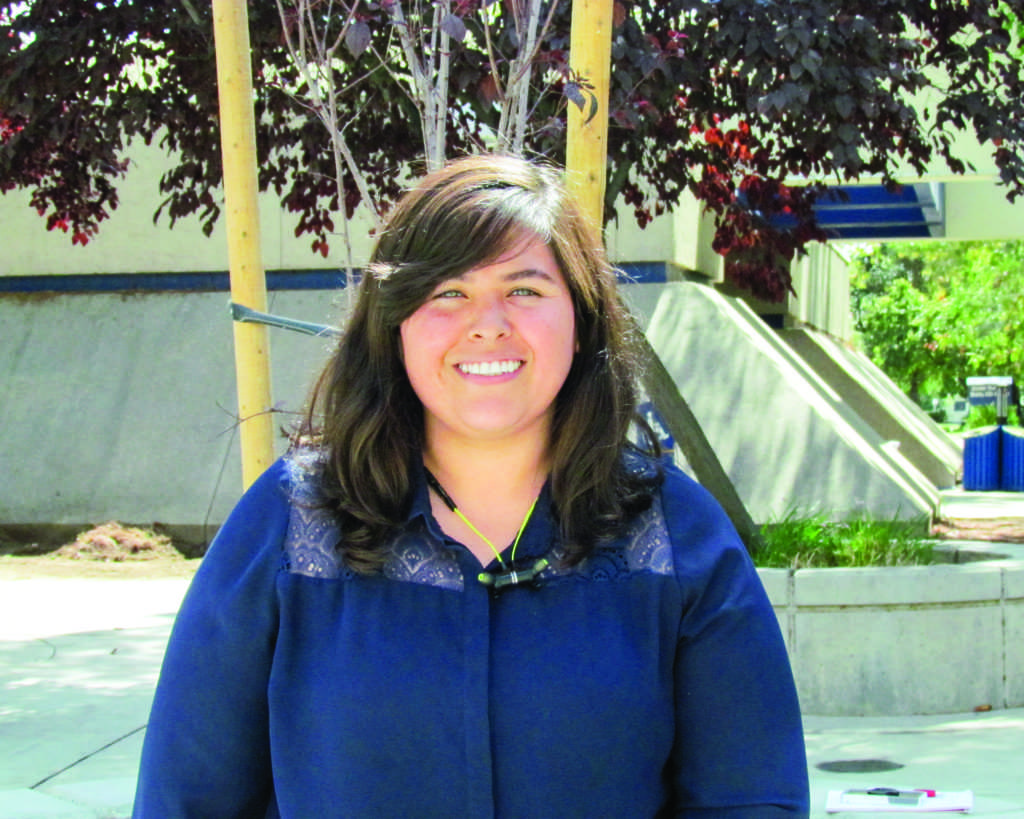
Photo by Simer Khurana/ The Runner
“We have potential doctors, potential lawyers, potential paramedics, potential firemen. Right now we have teachers who are DACA. We have nurses. People who are working in the police. And not to mention people who have bought homes, myself included. So if you take DACA away, then our economy is going to drop because you’re going to have all these properties that are now vacant. We have jobs that would be lost. We pay taxes, so there won’t be any more money from DACA,” said Romero.
Romero shared that CSUB will have a United Now for Immigrant Rights club soon.
“In 2013, the club was done, until now. We’re reviving it. We just started but we will have meetings soon. Anyone can join,” said Romero.
The fate of the DACA program still seems up in the air.
“When Trump announced that it was ending, he said he would give Congress six months to figure it out,” said Silva.
“Then last I heard on the news that if in six months Congress doesn’t do anything, he’ll step in. So, who knows what he’s doing.”



